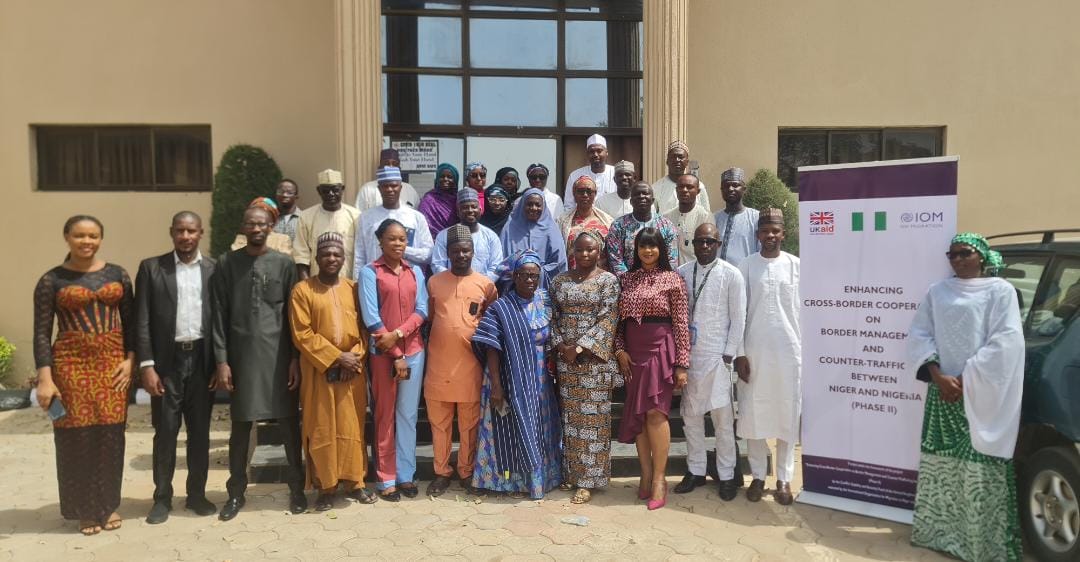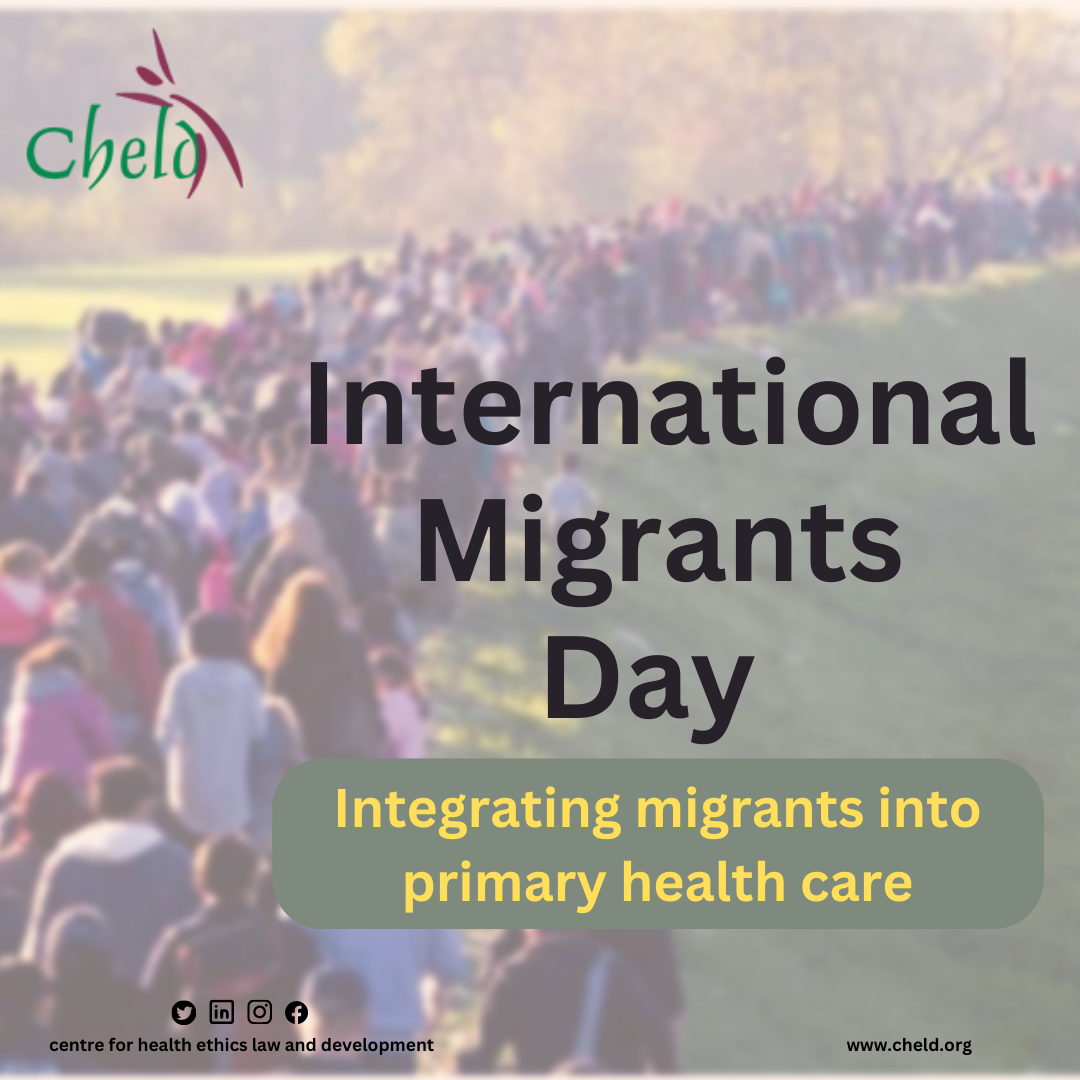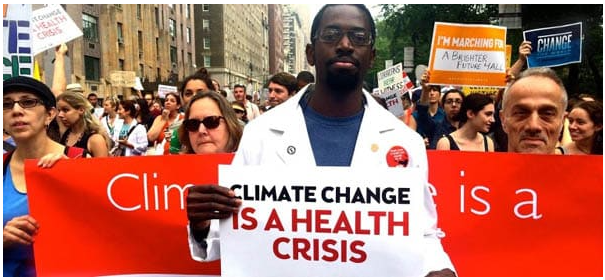Professor Onyemelukwe Honoured as Special Ambassador for Mental Health by Asido Foundation
In recognition of her tireless and passionate dedication and advocay for the rights of persons with mental health, Asido Foundation honured our Executive Director, Prof Cheluchi Onyemelukwe as a Special Ambassador for Mental Health. Congratulations.











